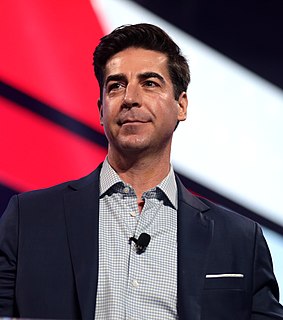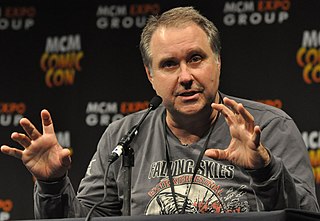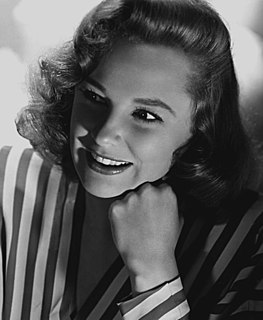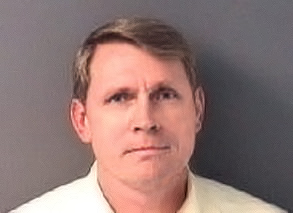A Quote by Peter T. King
I do think we need more cameras. We have to stay ahead of the terrorists, and I do know in New York, the Lower Manhattan Security Initiative, which is based on cameras, the outstanding work that results from that.
Related Quotes
I think there are two different types of people in television. There are people who can turn it on like a switch when the cameras go on, and then, when the cameras go off, they kind of lower it down a little bit. And then there are people who are on all the time, no matter if the cameras are there or not.
I've been doing photography in one form or another for, oh golly, over seventy years. I don't carry cameras. I used to. For many years I carried cameras wherever I went. Photograph whatever I saw that was of interest. In the last years, I've only used cameras to explore thematic ideas which presented themselves first. And then bring out the cameras to try to explore that idea.
Everybody has their iPhone cameras, BlackBerry cameras, and I see those cameras pointed up at me all the time now, which is actually really good because of what it does for me and my band. There is no time for us not to be on our toes because they're on all the time whenever you're playing. I think it's very healthy.
My take on what happened with the moon landing was [......] they suspect [ sic ] that on impact that the cameras would be damaged because back in 1969 cameras weren't, you know, like they are today, as good. So they had a studio set up at CBS to mimic the moon landing. And sure enough the cameras broke and so they flipped, you know, the CBS studio on. And what you saw of the footage of the '69 moon landing was actually at CBS studio.
New York was always more expensive than any other place in the United States, but you could live in New York - and by New York, I mean Manhattan. Brooklyn was the borough of grandparents. We didn't live well. We lived in these horrible places. But you could live in New York. And you didn't have to think about money every second.
[Marla, Shar and I] all have had very public breakups, so I think people know they can relate with us in one way or another. And this is one of the few reality shows where they didn't have the cameras right in people's faces. Like when we were sitting around the table talking with the divorced people, the cameras were way back. And we just listened. Sometimes people just need an ear.

































